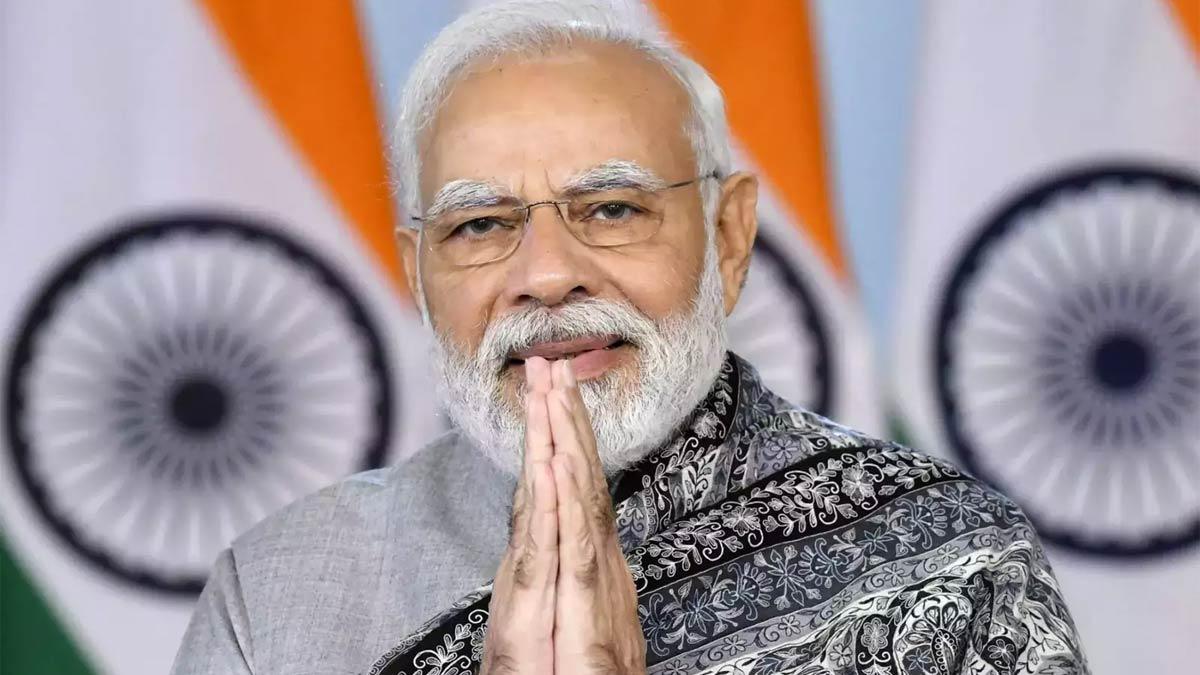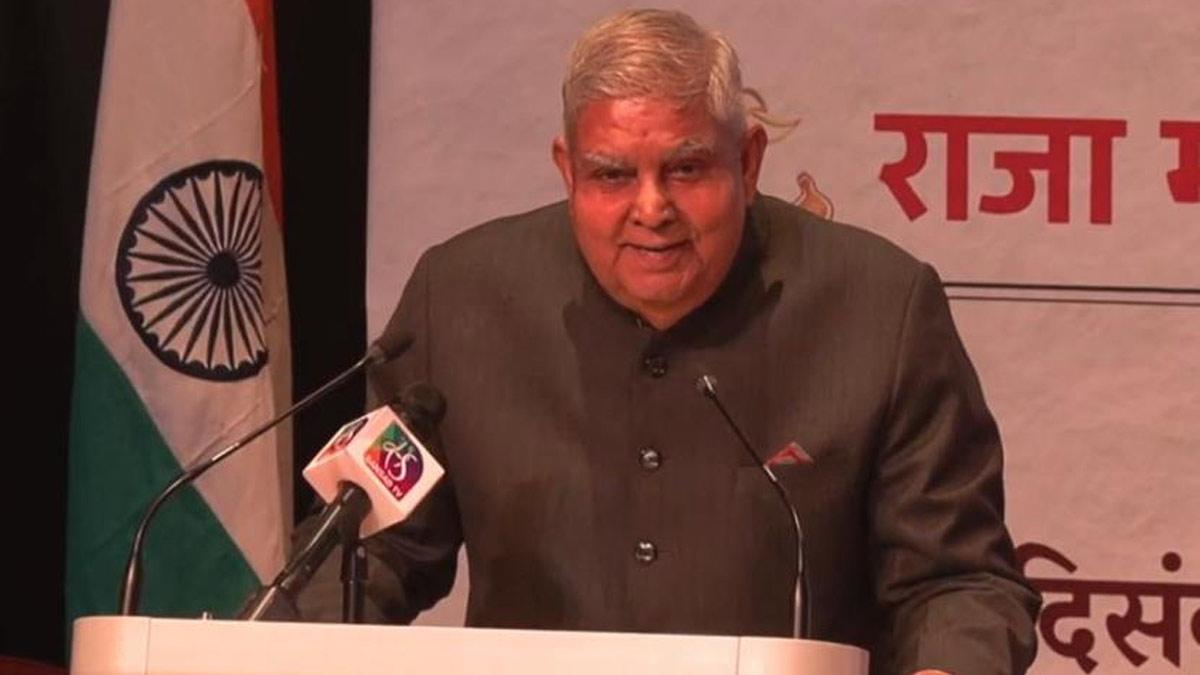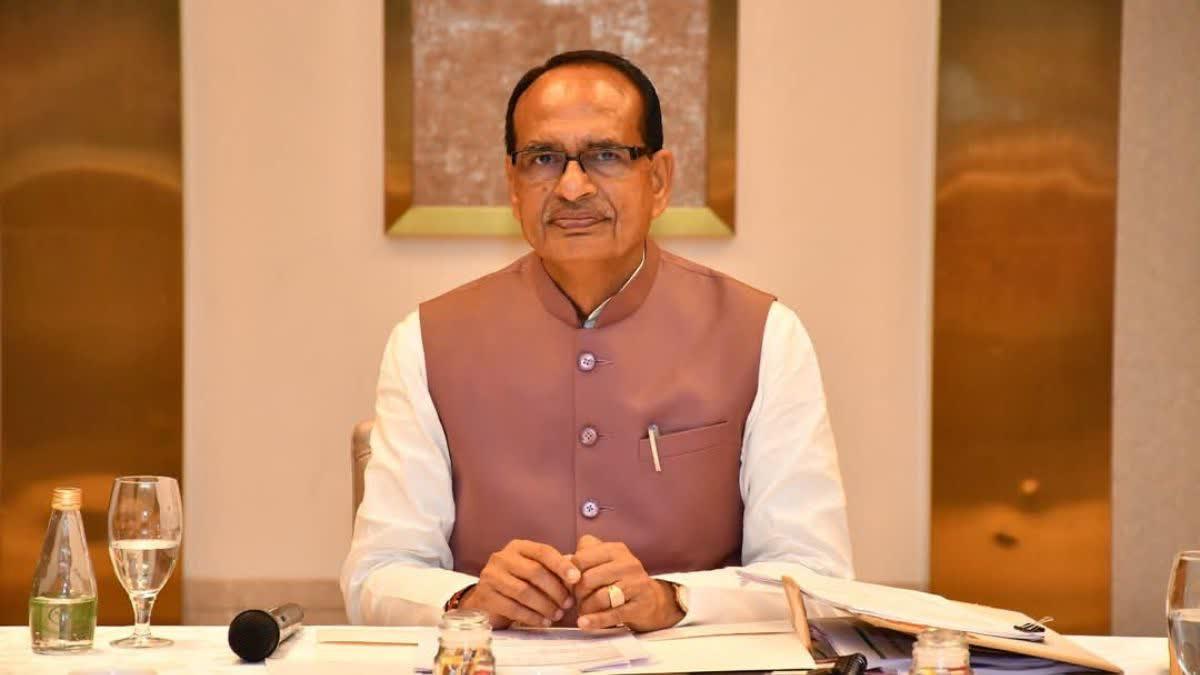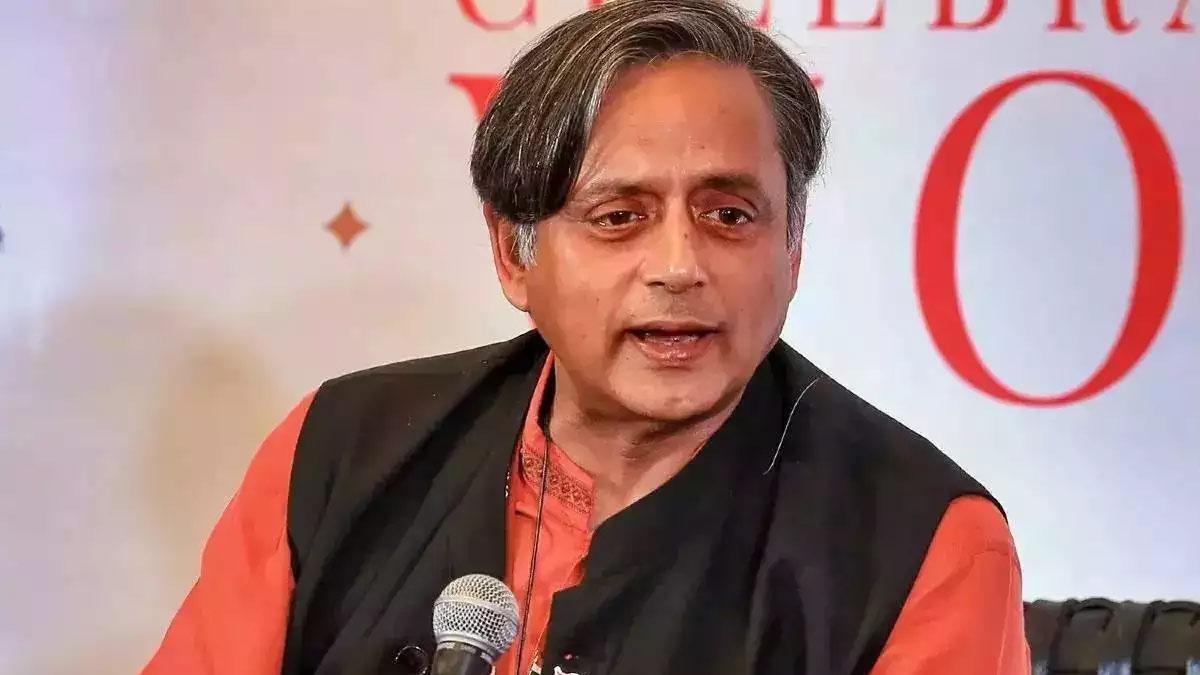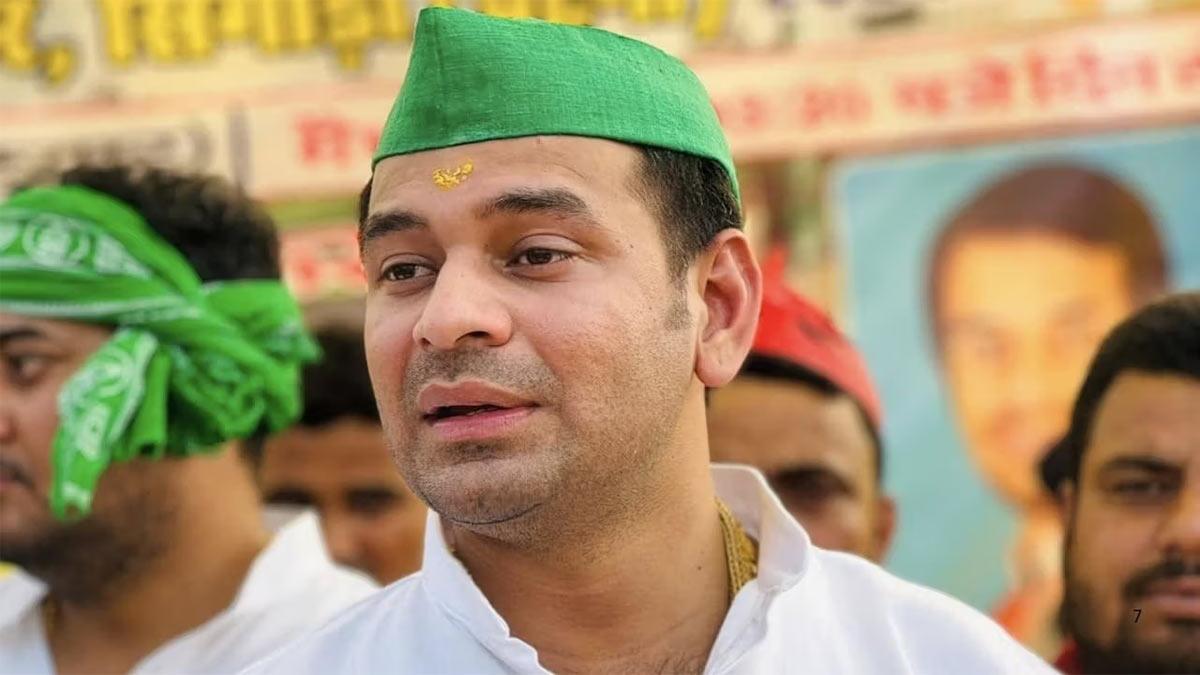In his maiden televised address after India's cruise missile strikes on terror installations in Pakistan and Pakistan-Occupied Jammu and Kashmir (PoJK), Prime Minister Narendra Modi on Monday underscored that Operation Sindoor represented more than a military operation—it was a major change in India's anti-terrorism policy and strategic doctrine.
Outlining the wider ramifications of the operation, PM Modi announced, "Operation Sindoor has not concluded; it will be an ongoing and resolute action against terror attacks sponsored by states on Indian citizens."
He emphasized that this was a transformation in India's approach to terrorism. "This is a new normal. India will strike at the heart of terror decisively if our citizens are attacked," he said forcefully. Speaking about the threats from Pakistan, the Prime Minister unequivocally stated, "Nuclear blackmail will not work against India."
In a moving passage of his speech, PM Modi dedicated the operation to Indian women who have suffered the effects of terrorism. "I dedicate Operation Sindoor to the mothers, sisters and daughters of this nation… Operation Sindoor is not just a name, it is a reflection of people's sentiments," he declared.
Referring to the recent terror attack on Pahalgam that sparked the offensive, the Prime Minister said, "Terrorists had the temerity to erase Sindoor from our sisters' foreheads. That's why India reduced the very headquarters of terror to ashes.
He went on to say, "India has eliminated over 100 terrorists who walked around freely in Pakistan, made their headquarters rubble… we will strike at the roots of terror." Giving a clear message across the border, PM Modi asserted, "India struck at the heart of Pakistan. We targeted their air bases, shook them. Pakistan was shocked by our actions… and had to beg for peace."
Using this speech, the Prime Minister explicitly restated India's firm stance in supporting all global efforts for defeating terrorism as India embarked on a new chapter in defense and security policy in the country by inaugurating Operation Sindoor.
Success of Operation Sindoor dedicated to Indian women, Says PM Modi
Describing the Pahalgam terror attack as a personal loss, Prime Minister Narendra Modi on Monday saluted the armed forces for their bravery during Operation Sindoor, dedicating their courage to the women of India.During his speech to the country, PM Modi asserted: "Now all terror groups realize the price of attacking sindoor (vermilion) of Indian women," highlighting the emotional and symbolic value of the mission. He had acknowledged the sadness inflicted by the attack and had termed it as a "personal tragedy" which left him disturbed.
The Prime Minister appreciated the synergy behind the mission, saying, "I salute the grit of the armed forces, intelligence agencies and scientists for their grit that helped Operation Sindoor achieve its objective."
Meanwhile, a significant development occurred when Director General of Military Operations (DGMO) Lieutenant General Rajiv Ghai communicated via hotline with his Pakistani counterpart — a first since the ceasefire understanding was reached. The discussion, held around 5 p.m., focused on measures to de-escalate tensions along the border, according to an official source.
Pakistan, according to official statements, communicated that it would not take the matter further and expressed a will to comply with the ceasefire. The discussion between the DGMOs revolved around bringing an end to hostilities, after India halted Operation Sindoor on the request of Pakistan on May 10.
Earlier during the day, Lt Gen Ghai had spoken to the media and indicated that the most important solution against Pakistan's air offensive along the LOC on the night of May 9-10 lay in adopting a full-fledged counter-drone and air defense shield. The army had preempted such an action and deployed a layered defense system that effectively eliminated any incoming threats.
Detailing the justification of the strike, DGMO Ghai had stated that the attack on Pahalgam was the point of no return. "The container of Pakistan's sin got full with the Pahalgam terror attack and the hour came to impart a lesson," he had said.
Joining the commentary, Air Marshal A.K. Bharti criticized Pakistan's military for not realizing that India's actions were taken only against terror outfits. "Our struggle was against terror and on May 7 we targeted only terror camps but the Pakistani Army made it its own struggle by giving encouragement to terrorists," he explained.
He also appreciated India's network-centric air defense (AD) system, which he described as an impenetrable shield that kept all Pakistani intrusions at bay, including those with Unmanned Combat Aerial Vehicles (UCAVs). The performance of legacy defense systems along with the cutting-edge Akash missile system was especially appreciative, he said.
Read also| DGMO: Pakistan Army Suffered 35-40 Casualties in Indian Strikes

